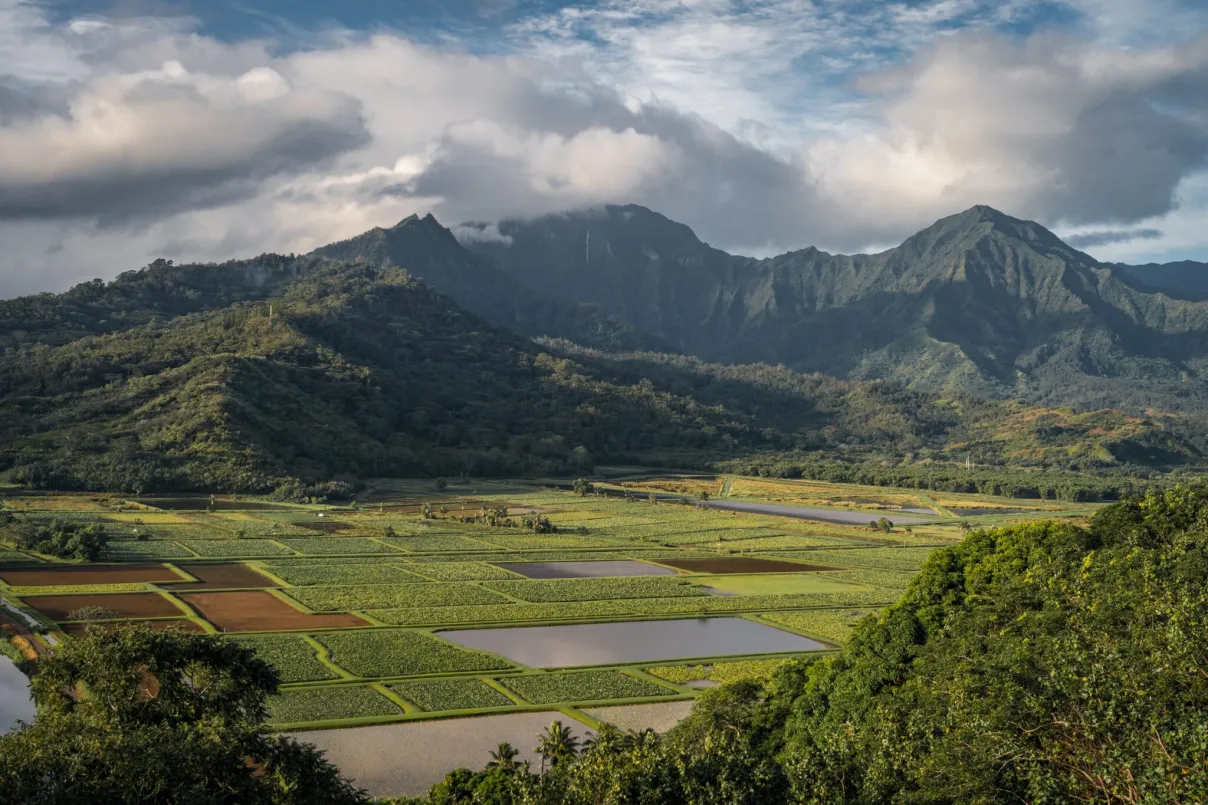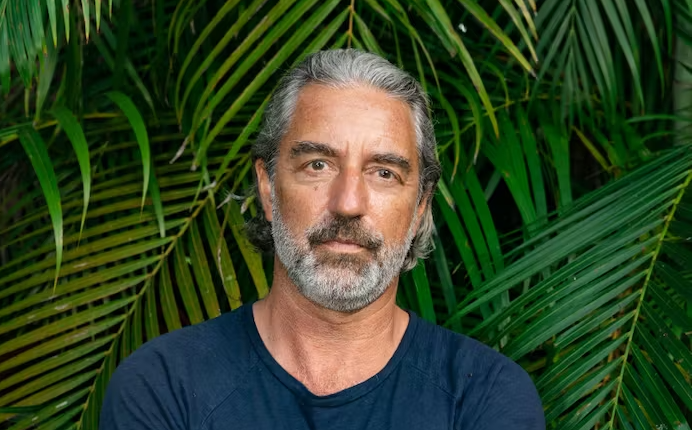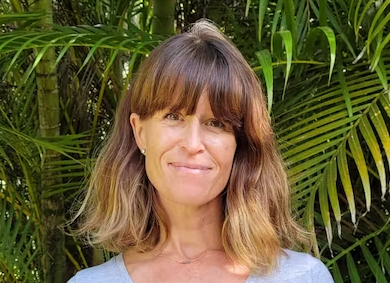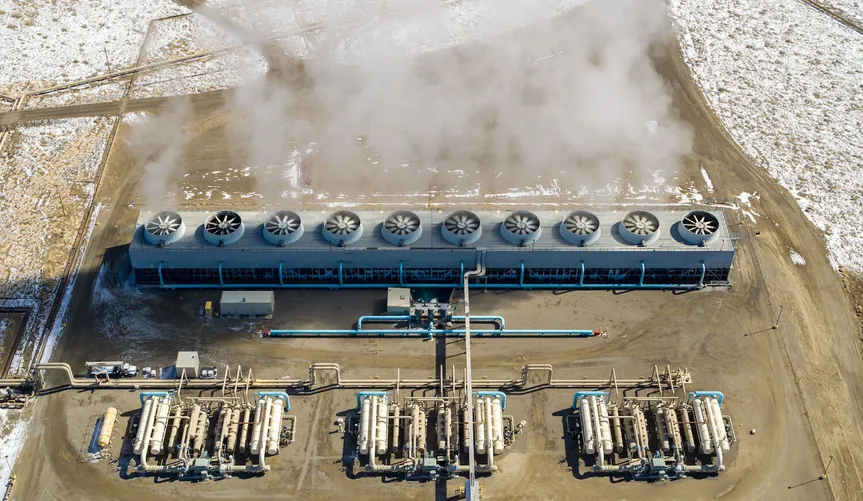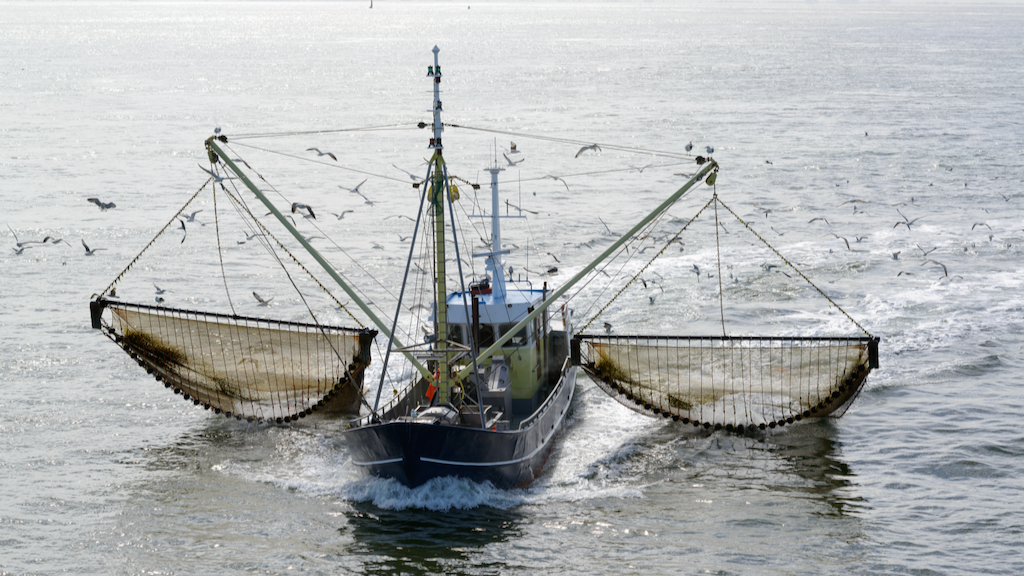Hawaiʻi’s indigenous farming systems once sustained a population of one million people. Today, if Hawaiʻi were suddenly cut off from the mainland, the islands would be able to feed their 1.4 million people for only five days. This supply chain dependency is a risk for Hawaiʻi in the face of natural disasters, but it also testifies to an inefficient, unsustainable, and polluting agricultural model that has replaced a once self-sufficient system. Restoring Hawaiʻi’s food system to a regenerative, resilient model requires difficult conversations between community leaders, local and state government officials, indigenous groups, farmers, and business leaders. By coming together around a shared appreciation for food and the communities that feed us, we can begin to develop solutions that transform how we grow, source, fund, and distribute food.
Hawaiʻi’s precarious dependence is an acute example of a problem that either exists already or soon will all over the world. Water scarcity, pesticides, livestock emissions, transportation emissions, and general overproduction exacerbate climate change; and in return, climate change renders an already strained land even more unviable. The strain on our food system is especially felt by marginalized and poor communities in urban and rural areas. Leaders and producers around the world agree on the vulnerability of our food system and the need for its urgent transformation. But these groups often have conflicting interests, and sometimes disagree about how to solve the crisis and who should bear responsibility. These conflicts make coalition-building difficult, slowing the process of change and delaying a systems-level transformation.

At the same time, those of us invested in reforming our food systems share certain fundamental values: a passion for food and an appreciation for those who feed us. At Common Ground Kauaʻi, we realized that we could harness the connective power of food to bring otherwise disparate groups around the table to bridge divides. Food is a natural connector, after all. It allows us to express our cultures while coming together across seemingly impassable divides. The act of preparing and sharing meals plays a central role in the foundation of our communities.
Last year, we launched an annual summit called “In Community with Food” (ICWF). It brings people together over shared meals prepared by renowned local and international chefs, using ingredients sourced from Hawaiʻian farms. ICWF is not a typical conference: It is a three-day dinner conversation, where business leaders, chefs, impact investors, innovators, indigenous leaders, media experts, farmers, and artists from Hawaiʻi and around the world discuss the environmental and systemic challenges facing the food industry today. Small, curated conversations foster community among the participants, strengthening commitments to heal local and global communities.
The summit takes place on the Common Ground campus, a former sugar plantation and guava farm on the North Shore of Kauaʻi. With a flourishing agroforest and a creative campus that works with local farms and businesses, Common Ground seeks to support and model elements of a more circular economy of food.

The second annual ICWF will take place on Kauaʻi from November 8-10. Our theme this year is “Urban & Rural” and will consider how the current agricultural crisis affects these communities in similar and unique ways. We will dig into the divergent perspectives of both urban and rural areas, considering the respective interests that currently divide them, and discuss ways that these communities can work together.
In seminar-style panel discussions, participants will tackle questions such as: How can urban and rural communities work together to create regenerative food systems? How can businesses incorporate regenerative principles to create more equitable food economies? And how do we balance environmental preservation with the needs of growing communities?
We hope that, as we saw last year, participants of ICWF 2023 will gather around the table to design, build, and strengthen innovative projects that will define the future of our food systems. Applications to attend ICWF are now open, and we look forward to a select group of new participants joining our returning cohort and guest speakers. For those interested in attending the summit, visit join-ICWF.com
Niedermaier is the chairman and Luck is the chief operating officer of Common Ground Kauaʻi.
Join us at TE23 in Lake Nona, FL, as we dive into AI development’s opportunities, threats, and challenges. From healthcare to agriculture, government to climate, transportation to finance, our expert speakers will delve into how AI will revolutionize every industry. Request an invitation.

